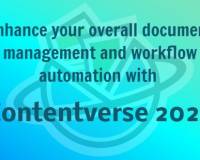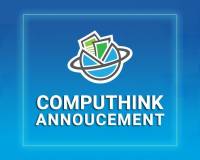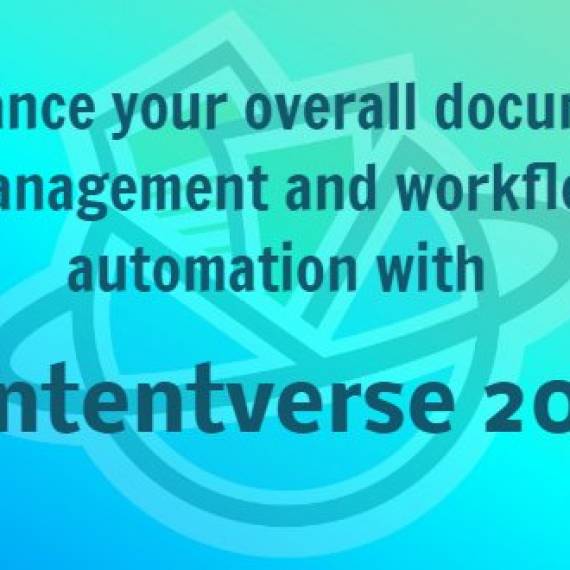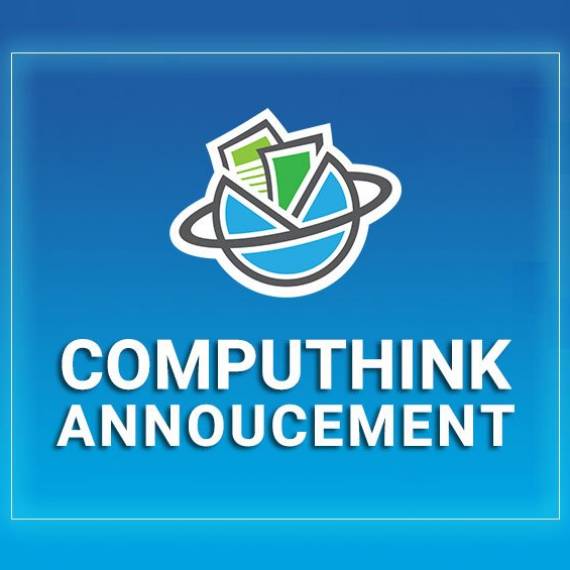A librarian’s work obviously involves the caring and feeding of books. Repairing spines, sorting titles, decommissioning old volumes; that sort of thing. What’s possibly even more integral to the job of library record keeping is working with the catalog. Any media that comes into a library institution needs to pass through a series of digital hoops before it ends up on the shelf. Unfortunately, although most libraries have adequate software for this task, very few realize they need software for everything else that they do, too.
Mapping the Library Labyrinth
Any librarian will tell you that what a patron sees is a fraction of the work that goes into maintaining such a complex institution. Shelving items in that maze is just the tip of the iceberg in library record keeping. You may be familiar with Dewey’s classification system (if you’re a nerd, like me), but there are at least a dozen more used worldwide! Keeping one system straight is tough enough, but the number of libraries using others means translating between catalogs frequently.
This is where the busy work comes in. Every book bought by, donated to, or transferred into the library needs to be punched into the system (even if it already has a copy recorded in the network) before anything else can happen to it. Records are kept of the purchase, the edition of this book, all of that lovely mumbo jumbo you see on the legal page, including the subject headings. Most libraries do not automate this: real people have to type all this up, and more. Imagine if you could simply scan the pages in and be done with it, freeing up your time to do more librarian-y things, like designing awesome programs and helping patrons find what they need.
The Books Behind the Books
Once something is in the system and on the shelf, it’s not over yet. As information institutions, libraries are heavily scrutinized on how they follow Records Retention law, whether local, state, or federal. Not only are they required to keep track of past checkouts, inventory, messages and emails, and patron information, but they are also required to monitor invoices, treasury reports, personnel files, board minutes, and of course audits. Boy, is that a tall stack of papers! If a library doesn’t have document management software, this means boxes and boxes of files piling up. Older libraries also might not have room for the all the older records they’re keeping. Come audit season, that’s going to be a problem.
Getting Your Books to Point B
Now that technology has made such distinct leaps, it behooves anyone in the industry to invest in contemporary methods for keeping and moving their data. Maybe certain patrons enjoy a library that operates at a slower pace, but even folks who take their time finishing the latest Janet Evanovich novel can get bent out of shape when waiting too long for their book transfer. Libraries attempt to shrink wait time, but the process still involves needlessly printed paper and large amount of data kept in arbitrarily sorted share folders. Centralizing shared data and accessing it through bar code scanning can help cut down on time and paper usage.
Some librarians might consider using a new program to track their records, both old and new. But, for every staff member that jumps at the chance, nine more will shrug and say, “We already have a system to catalog our media, so why would we need this?” Even if the system an institution uses is on-par for book management, libraries are generating more paper files than almost any other industry in the world. It is essential that these files can be easily located and employed. The more smoothly the system runs, the better of an experience users will have with it. This means easier work for employees, more donations and votes for referendums, and more funding to continue improving the way people get the books they need and love.
Your Very Own Pagemaster
Libraries maintain a certain order. It’s in their very nature, and any tools that assist them should be a welcome sight. Programs to manage files will make library record keeping that much easier. Cutting the stress of navigating old, paper-stuffed cabinets also improves the atmosphere, which is the ultimate goal, right? The less time wasted on old school document management, the more time you’ve got for good old-fashioned reading.
About the Author:
  | Becky Neems is a Digital Marketing Coordinator at Computhink. Applying her exhaustive journalism experience to the world of marketing, she always revels in the chance to get the latest tech news. Now instead of sifting through piles of magazines, she studies web pages and analytics because of her fascination in the almighty first page of Google. Besides research, Becky enjoys reading up on the latest politics, makeup tips, and electronic music jams. She can be reached at bneems@computhink.com or followed @bexchillah on Twitter. |















Leave a Comment